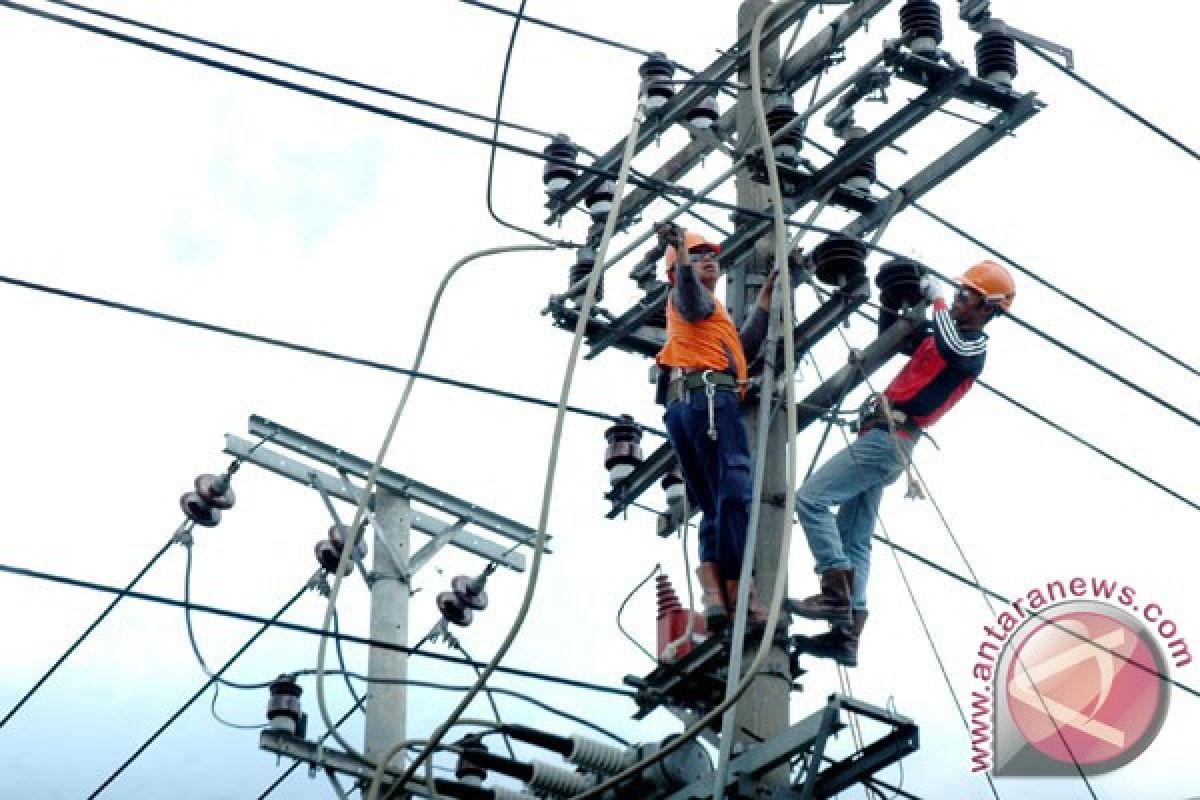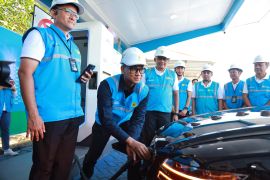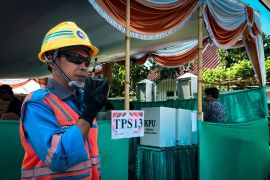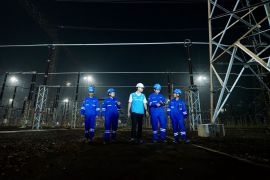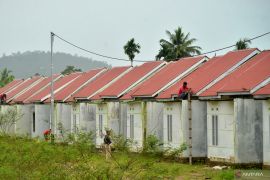As the second-largest state company by assets, PLN holds a monopoly on the distribution of electricity and is tasked with meeting the electricity needs of the Indonesian people.
Jarman, the Energy and Mineral Resources Ministrys (ESDMs) director general for electricity and energy utilization, stated that PLN was expected to be a world-class electricity company taking into consideration its central role in addressing the nations electricity transmission and distribution needs.
"In the years to come, PLN should focus on dealing with the transmission and distribution of electricity to the public, while the generating process can later be implemented by the developers," Jarman remarked during a national congress on electric power here on Thursday.
He noted that in order to support this, the government has formulated the ESDM Regulation No.1 of 2015 on "power wheeling," which aims to facilitate private developers to use existing networks, either privately owned or owned by PLN.
In addition, Jarman noted that the government has also put into effect the ESDM Regulation No.3 of 2015 on a benchmark price that aims to accelerate the process of procurement of electricity through the mechanism of "Independent Power Producer" (IPP).
"The role of the private sector, through the IPP mechanism, is expected to meet the national electricity needs, with a capacity of 25 thousand megawatts (MW) out of the target of 35 thousand MW, which was launched by the President Joko Widodos (Jokowis) government," he noted.
Due to limited supply, electricity crisis continues to loom large over numerous areas across Indonesia.
The diminishing supply has been increasingly attributed to the constant increase in the electricity demand and several delays encountered in the construction of power plants.
Inaugurating the national congress on electric power here on Thursday, Vice President Jusuf Kalla pointed out that miscalculation was another reason for the electricity crisis.
"Electricity crisis occurs, because we have, so far, made incorrect calculations and planning and thought that the electricity demand was aligned with economic growth," the vice president remarked.
Kalla explained that if the economic growth reaches six percent, electricity demand will increase by nine percent; and if the population increases by 1.5 percent, electricity demand will increase by 15 percent.
The vice president noted that the government should increase its power generation capacity by 10 thousand MW every three years to meet the countrys electricity demand.
"The target to add 10 thousand MW of power generation capacity every three to five years had yet to be met," Kalla noted.
He pointed out that electricity cannot be replaced by other things as it is one of the three major pillars of infrastructure.
Kalla noted that along with rapid technological advancements, electricity requirements also increase, and thus, the supply should be maintained.
"The more advanced a nation, the higher the electricity demands," the vice president affirmed.
Further, he stated that taking into account the countrys growing population and economy, the national electricity reserve should be 30 percent of the existing capacity.
"Our ideal electricity reserve should be 30 percent. Now, we have 54 thousand MW, so we must have at least 15 thousand MW as reserve to prevent power outages," Jusuf Kalla noted.
The current electricity reserve is only 10 percent, which has led to power outages in several areas.
The vice president has recommended accelerating the construction of power projects, with a total generation capacity of 35 thousand MW, by PLN through the IPP mechanism that involves private players.
"PLN can provide only about Rp400 to Rp500 trillion (about US$ 30.4 billion-US$ 38 billion) for constructing power plants with a total generation capacity of 35 thousand MW. We need more private players to make electricity widely available," Kalla noted.
With the help of this funding, PLN is expected to construct power plants with a total generation capacity of ten thousand MW, while the construction of a section to generate 25 thousand MW will be given to the private sector through the IPP mechanism.
The vice president also encouraged PLN to focus on transmission and distribution companies to supply electricity from power plants owned by IPP developers.
To support the annual economic growth target of 6.5 percent, the government will develop a 35 thousand capacity power plant program, which will be implemented within the next five years.
President Jokowi remarked that two targets have been outlined in Indonesia to tackle the power crisis in the next five years.
The two targets are to construct new power plants with a total capacity to generate 35 thousand MW of electricity and to achieve a household electrification ratio of 100 percent by the end of 2019.
Early this month, the president called ESDM Minister Sudirman Said to discuss the governments program to generate 35 thousand MW of electricity.
"The president had called me to discuss about the electricity program with regard to the procurement of land and agreements," the ESDM minister remarked after a meeting with the president.
He said President Jokowi is concerned about the implementation of the power projects with a total generation capacity of 35 thousand MW plus the generation of an additional 7.9 thousand MW in the next five years.
"I reported to the president about the progress made in the One-Stop Integrated Service at the Capital Investment Coordinating Board (BKPM), but it must be supported through similar initiatives at the provincial and district levels," he noted.
Sudirman revealed that accompanied by the home affairs minister, they will tour the provinces and districts to spread awareness regarding the electricity policy launched by the central government.
(0001/INE)
EDITED BY INE/A014
(O001/KR-BSR/A014)
Reporter: Otniel Tamindael
Editor: Jafar M Sidik
Copyright © ANTARA 2015
